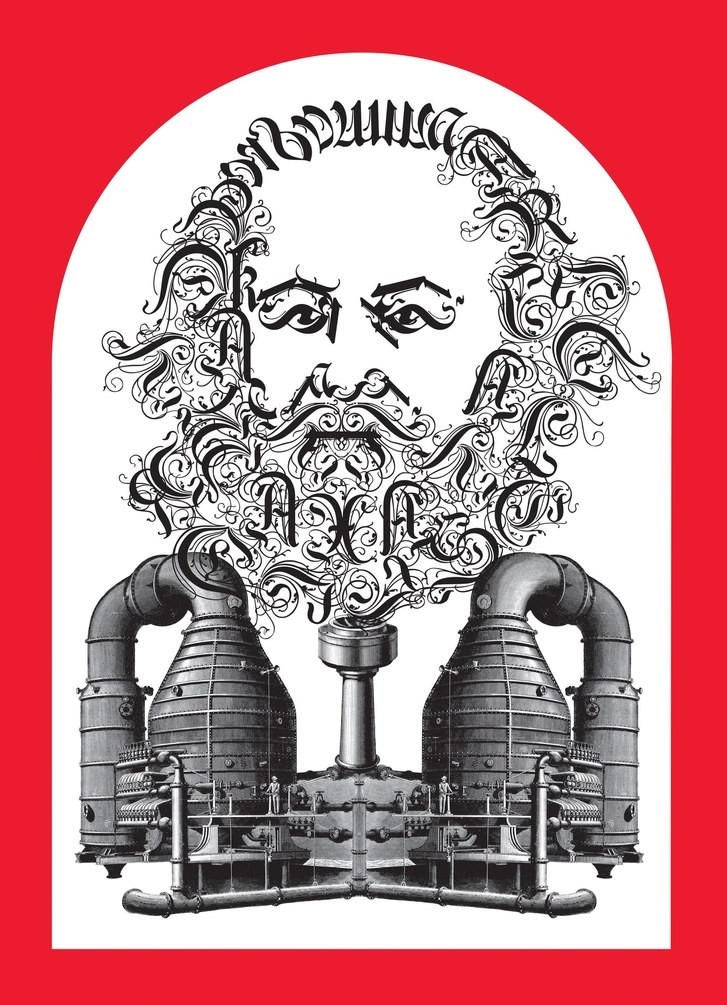There is no truly universal experience of the world. It is deeply influenced by how we have been taught to orient ourselves in that world, which then predicts how we interact with it.
Language is one such example. Monoglot English-speakers break their day down into time slots and scheduled intervals; Japanese-speakers group objects according to material; Russian-speakers recognise different shades of blue more quickly.
These differing social and cultural pressures influence how we identify ourselves, not least in an awareness of how we are perceived by others. To be black in a predominantly white country, or to be a woman in a male-dominated sphere, is a very different experience from being white or male in the same environment. These forms of identity can be multi-aspect, complex, overlapping, and when othered by society can feel contradictory or shameful. Increasingly they are embraced as a form of defiance, as we can see with the increase of radical LGBTQ and feminist groups. Social psychologists and their studies have limited identity to such areas as ethnicity, race, age, gender, sexual orientation, and nationality. There is little study on the role that class plays in identity.
Class as a form of identity is a controversial topic. As communists we understand class to be defined on a material basis: a person who sells their labour power belongs to the working class. This means that an office worker and a factory worker belong to the same political class if both rely on their wages to sustain them.
Class as a political definition is defined by ownership and power; class as a social identity is defined by a wide array of social markers, including such things as accent, footwear, and number of books owned. A factory worker is not likely to be in the same social class as an office worker; and an office worker from a low-income area may engage in code-switching while at work. However, working-class people are equally likely to define themselves on this social class basis, as they are based on their race, gender, or sexuality, and so on.
This use of class as an identity is particularly characteristic of those who grow up in low‐income areas associated with manual and factory work. Lives lived with less security, fewer opportunities, less control and reduced influence tend to afford an understanding of the self and behaviour as interdependent with others and lends a greater understanding to the context of class, even if unconsciously. This “hard interdependence” derives from the community as well as individual resilience that is needed to cope with continuing or repeated adversity. They defend and help each other, and offer support in a multitude of ways, as well as engaging in more pro-social behaviour generally, as they know that they too may need to rely on the kindness, compassion and solidarity of others in their community.
That being said, working-class identity does not preclude identifying and placing importance on other aspects of their identity as well, be it sexuality, gender, and so on. Their social class just means that their understanding of this other aspect of themselves is also expressed through the interdependence model of identity: intersectionality, if you put class at the centre. Audre Lorde and Angela Davis cover this topic in depth.
The other and more commonly discussed form of self-identify is that of “expressive independence.” This form of identity is the one most people associate with “identity politics.” Typically associated with those with higher levels of security in life, their priorities move from a communal understanding of society to a more individualistic one. Rather than simply understanding social contexts, people from this background are in a position to shape them, and often do, for their own betterment. Their understanding of identity is studied, understood and generally deemed to have some validity, if not accepted.
This can be seen in the way schools and work-places use the acceptance of expressive independence as a standard for measuring “inclusivity” while damping, if not outright opposing, any expression of working-class identity and therefore interdependence. Individual expressions of identity do not challenge the capitalist norms necessary in the exploitation of workers. Hiring more individualistic women, or marching in corporate-sponsored Pride, falls very much into line with most companies’ ethos, along with keeping wages low or blocking union recognition.
Interdependence, however, with its base in a working-class identity suffused with notions of solidarity, collectivist approaches, and trade unionism, by its very nature challenges capitalism, making it dangerous.
Significantly, despite the fact that there has been a dramatic decline in traditional working‐class occupations, such as that of manufacturing, large numbers of workers still describe themselves as being socially working class; and this self‐identification does matter. In all job sectors, other than managerial and professional, identifying as working class makes a substantial difference in a person’s political attitudes, those identifying as working class being less likely to express right‐wing ideology, more likely to be supportive of unions, as well as being broadly anti-racist and anti-fascist in their views.
The concept of class as identity, particularly working-class identity, even if not based in political reasoning, still produces marked political results. It is up to the left to understand and radicalise this. We cannot allow it to be remoulded and corrupted by the right. Our strength comes from our class, and all the different shades within it.






